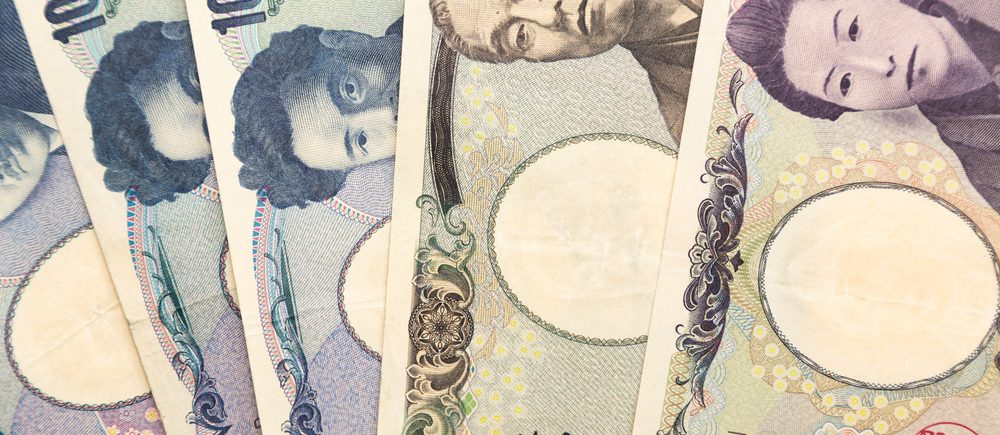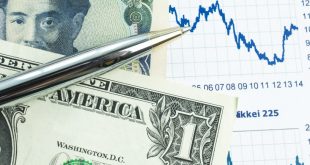On Thursday, the yen depreciated against the dollar, reversing its trajectory following a sudden surge on Wednesday night, which market participants and analysts promptly linked to intervention by Japanese authorities.
The yen declined by 0.80 percent to 155.73 against the dollar by 0537 GMT, retracing nearly half of its ascent recorded late Wednesday evening when it dropped from around 157.55 to 153 within roughly 30 minutes.
The significant overnight movement occurred amid market tranquility, following the closure of Wall Street and hours after the Federal Reserve concluded its monetary policy meeting.
The dollar was already on a downward trajectory as Federal Reserve Chairman Jerome Powell affirmed the central bank’s inclination towards monetary easing. However, he reiterated that the reduction of interest rates might take some time given prevailing inflationary pressures.
Masato Kanda, Japan’s Deputy Finance Minister for International Affairs responsible for currency policy, declined to comment on whether Japan intervened in the market, as reported by Reuters.
Since the beginning of the year, the dollar has appreciated by over ten percent against the yen, with traders anticipating a postponement in the timing of the first US interest rate cut. Meanwhile, the Bank of Japan signaled a cautious approach to policy tightening after its first rate hike since 2007 in March.
The divergence in long-term government bond yields between the two nations stands at 376 basis points. This divergence propelled the dollar to a 34-year peak at 160.245 yen on Monday, followed by a sharp decline attributed to Japanese authorities’ intervention, totaling approximately $35 billion, as indicated by official data.
The dollar index, which gauges the greenback’s performance against the yen, euro, and four other major currencies, saw little change on Thursday, settling at 105.70 points after a 0.56 percent decline on Wednesday from its six-month highs.
The euro traded at $1.07175 after advancing by 0.45 percent in the prior session.
The British pound inched up by 0.06 percent to $1.25345 after a 0.28 percent increase on Wednesday.
As widely anticipated, the US Federal Reserve maintained unchanged interest rates on Wednesday, with Powell emphasizing a cautious stance and describing the likelihood of further rate hikes as “unlikely.”
The Australian dollar appreciated by 0.23 percent to $0.6538, while the New Zealand dollar steadied at $0.5930.
 Noor Trends News, Technical Analysis, Educational Tools and Recommendations
Noor Trends News, Technical Analysis, Educational Tools and Recommendations





